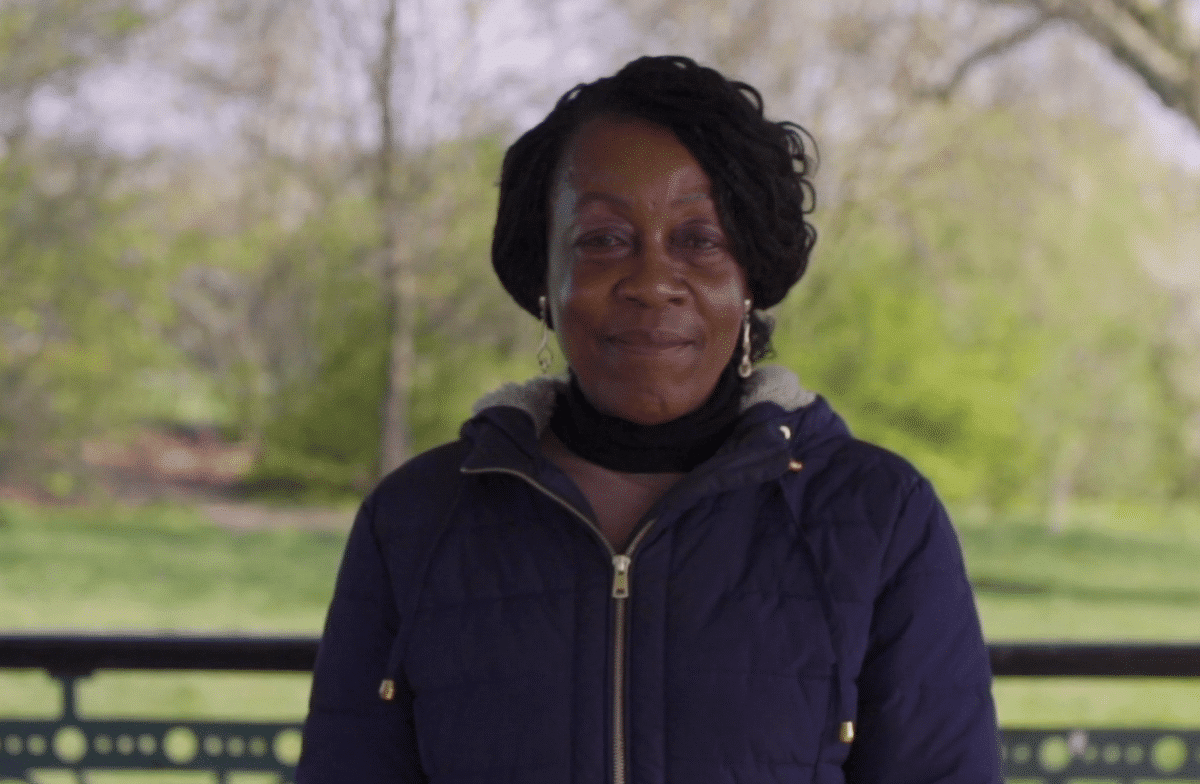To talk about 'having a vocation’ in the Church has often been understood to mean becoming a priest, deacon, monk or nun. However, the Bible tells us that every single person, uniquely created by God, is being called to discover fullness of life by listening to the call of Jesus Christ. We all have a vocation, wherever we spend our time, whoever journeys through life with us.
It’s not primarily about having some recognised role or task but the response of our whole lives to God. In our diocesan Way of Life resources we refer to the first Christians being known as those who ‘belonged to the Way’, emphasising how being a follower of Jesus compromises a particular walk of life or way. We ask ourselves: how might we position ourselves so that we get caught up in the initiative of God? As Frederick Beuchner has written, “vocation is the place where our deep gladness meets the world’s deep needs” and, as with Abraham, Ruth, Samuel, the first disciples or the Blessed Virgin Mary, our lives may take a whole range of surprising directions in response to God’s initiative.
Francis Dewar has helpfully sketched some ways in which we might describe a vocation in this respect:
· It will be some activity that connects deeply with your nature, character and history.
· It will always be prompted by God, and often by other people.
· It will be something that in some way enriches the impoverished, gives sight to the blind, releases prisoners, or freedom for the oppressed (Luke 4.18-19)
· You will be doing what in your heart of hearts you love to do (even if it brings you hassle and trouble, even suffering)
· It will be an initiative that you take, probably unasked, one that will not be taken unless you do it.
· It will feel risky, something you would only do because you feel God has called you to (and you have checked with one or two wise and spiritually mature Christians that it is God, and not just your ego!).
· It will always be a generous self-giving of what you truly are and could be.
· It will, in some way or other, somewhere along the line, prove personally costly to you.
· It is more likely, statistically speaking, to be in the secular sphere than in the Church, simply because there is more of it!
· If it is at work, it will be something you do beyond the requirements of the job description (and it may get you into hot water). Or it may be expressed in the way in which you fulfil some part of the job description. (Francis Dewar, Called or Collared?, 6)
As you can see, to be called by Jesus Christ is far broader, deeper and richer than simply thinking ‘Maybe I should be a vicar’. To discover our vocation takes careful discernment, prayerful listening, and wise counsel and it will be set in the Church’s apostolic mission to bind up the broken-hearted, bring freedom to the oppressed, and forgiveness for those weighed down with shame and guilt.
What might this mean for you?
